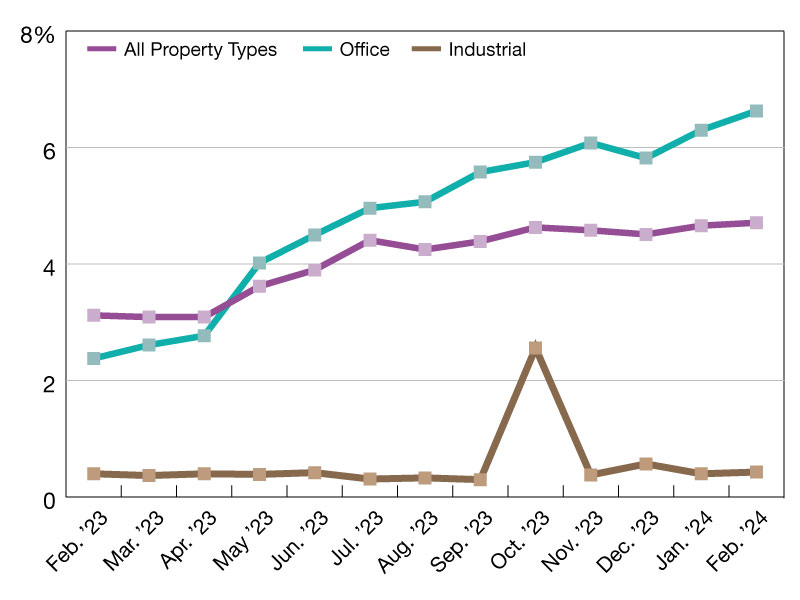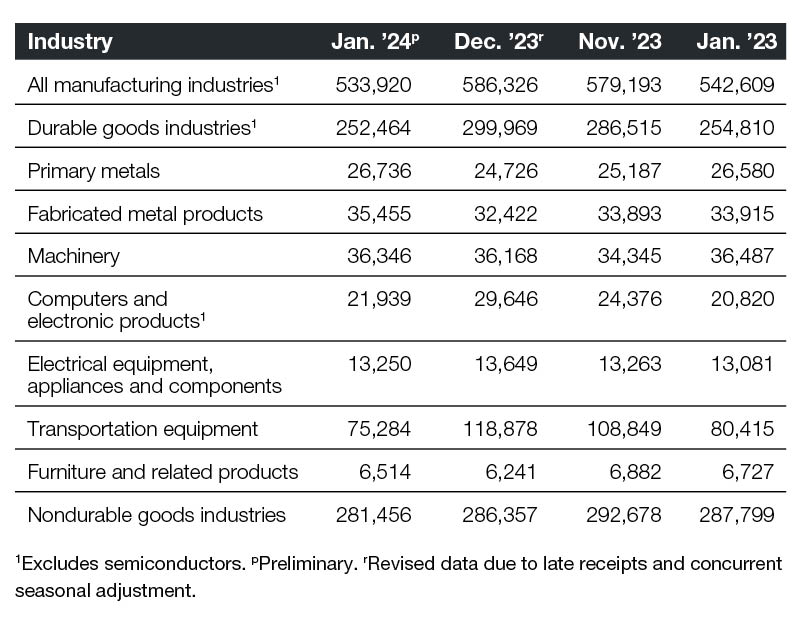Health Care REITs Well Prepared to Withstand SNF Challenges
By Lori Marks, Vice President & Senior Analyst, Moody's Investors Service: The top reasons why health care REITs will be able to manage the challenges facing the skilled-nursing facility market.
By Lori Marks, Vice President & Senior Analyst, Moody’s Investors Service
 Although certain sub-segments of health care real estate, including skilled-nursing facilities (SNFs), face operating challenges, health care REITs will be able to manage these challenges given the lease structures, portfolio diversification and balance sheet strength of the REITs.
Although certain sub-segments of health care real estate, including skilled-nursing facilities (SNFs), face operating challenges, health care REITs will be able to manage these challenges given the lease structures, portfolio diversification and balance sheet strength of the REITs.
Many health care REITs own SNFs, mostly in the form of triple-net-leased investments, whereby the REITs earn rental income from tenants that are responsible for property operations. SNF operators are facing challenges in a shifting reimbursement landscape resulting from payment models that increasingly reward those operators that can provide better-quality and more cost-efficient care. Many SNF operators are adapting their business models to accommodate these changes and will continue to thrive, while others will face increasing earning pressure in the coming years. These dynamics will drive more consolidation among SNF operators, providing REITs with profitable opportunities to participate in such transactions through sale-leaseback financings.
Even as the SNF industry continues to evolve and face associated challenges, we expect the rent payments due to REITs will remain secure, with only isolated instances of distress. First, reimbursement risk is a persistent challenge for the sector and one that REITs consider when they initiate sale-leaseback transactions. As such, lease payments are typically set so that the underlying property EBITDAR covers rent by at least 1.4x, which leaves a substantial cushion for potential income declines from reimbursement changes or other operational challenges. Furthermore, the REITs’ large operator relationships are often governed by leases that offer credit enhancements such as a master lease structure, cross-collateralization, security deposits and corporate guarantees.
Health care REITs also benefit from diversification and conservative financial profiles, which offer additional layers of protection from potential SNF operator distress. Many health care REITs invest in other property sub-sectors aside from SNFs and own large portfolios of senior housing facilities and medical office buildings. Each of these sub-sectors has different profit drivers and risks, which provides increased stability to the REITs’ cash flows over time. REITs that invest almost exclusively in SNFs generally maintain strong balance sheets, with stronger credit metrics compared to other REITs within their given rating category. Their balance sheet strength will continue to offset the challenges in the SNF industry.
© Moody’s Investors Service, Inc. and/or its affiliates. Reprinted with permission. All Rights Reserved. The full terms and conditions applicable to this article are available at the following link: https://www.moodys.com/Pages/globaldisclaimer.aspx







You must be logged in to post a comment.